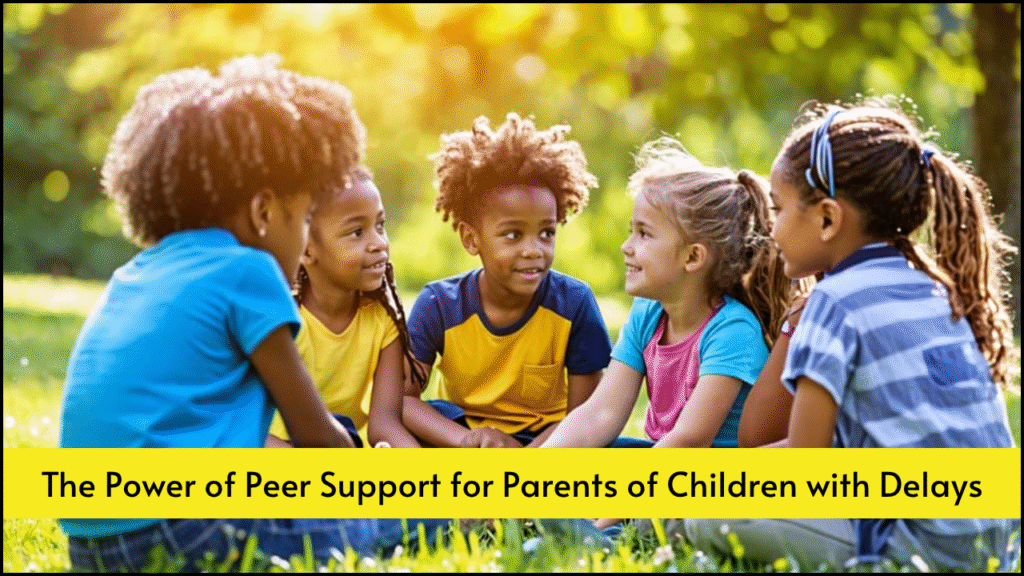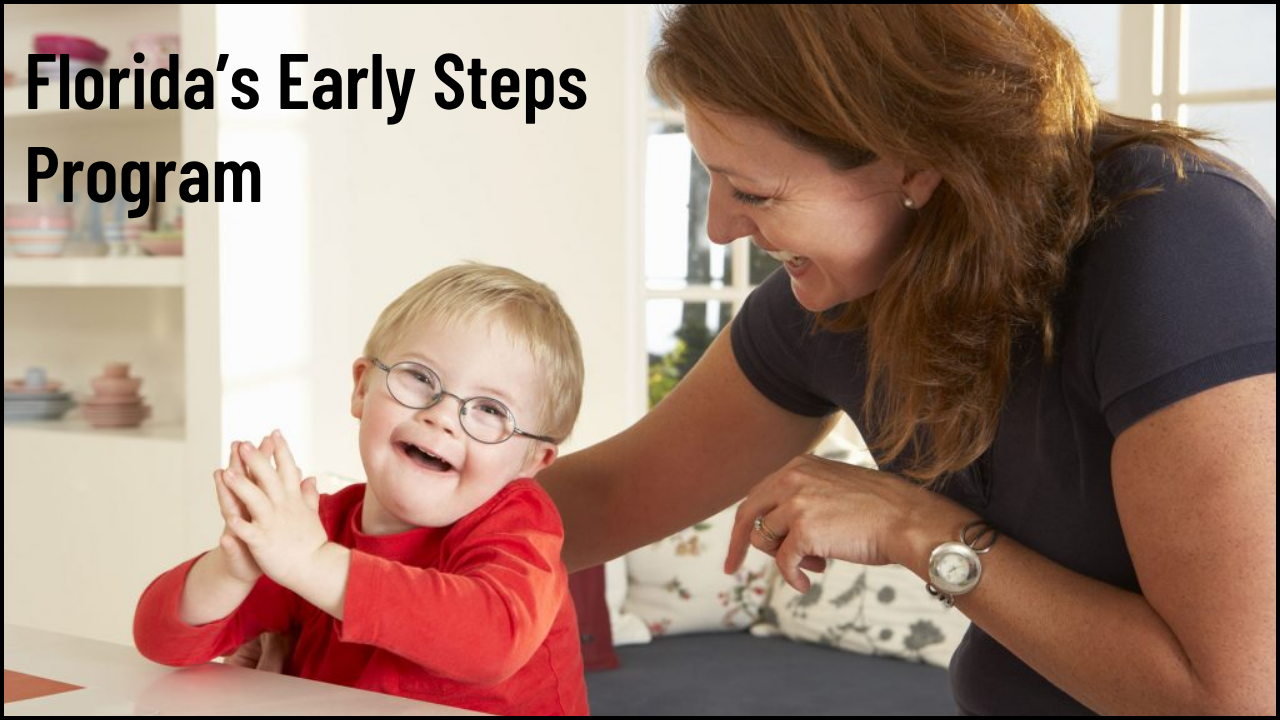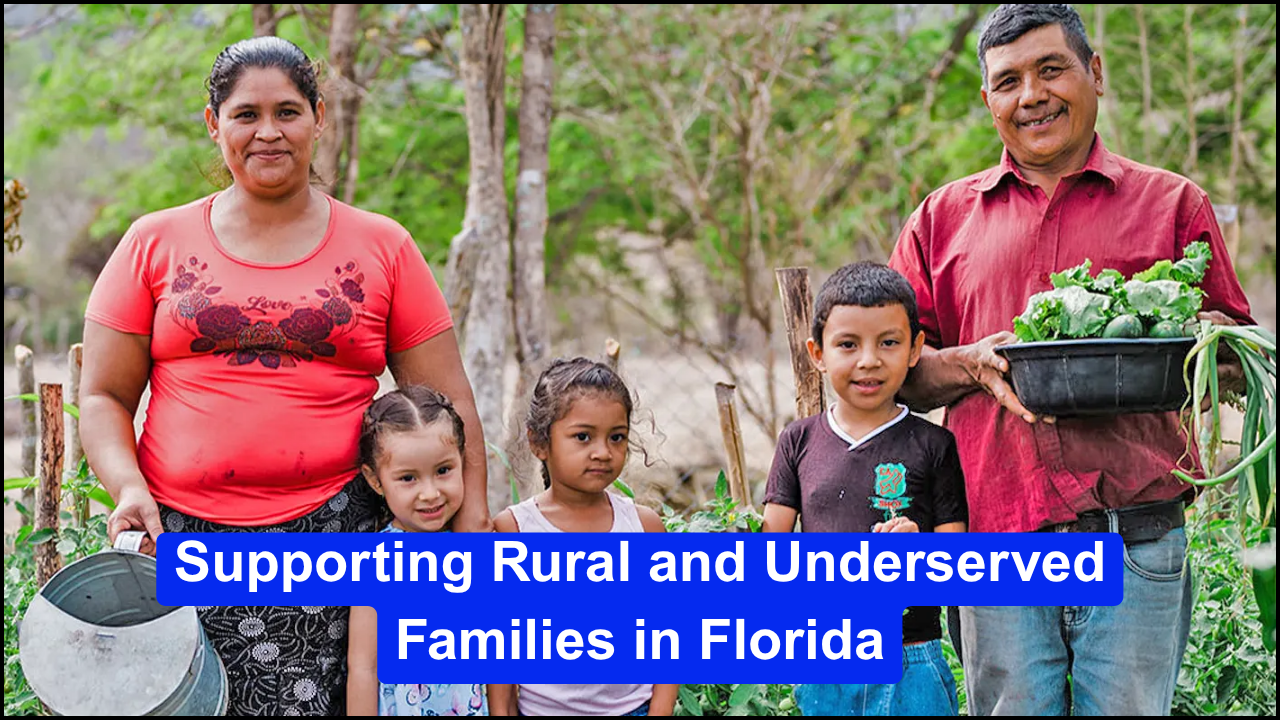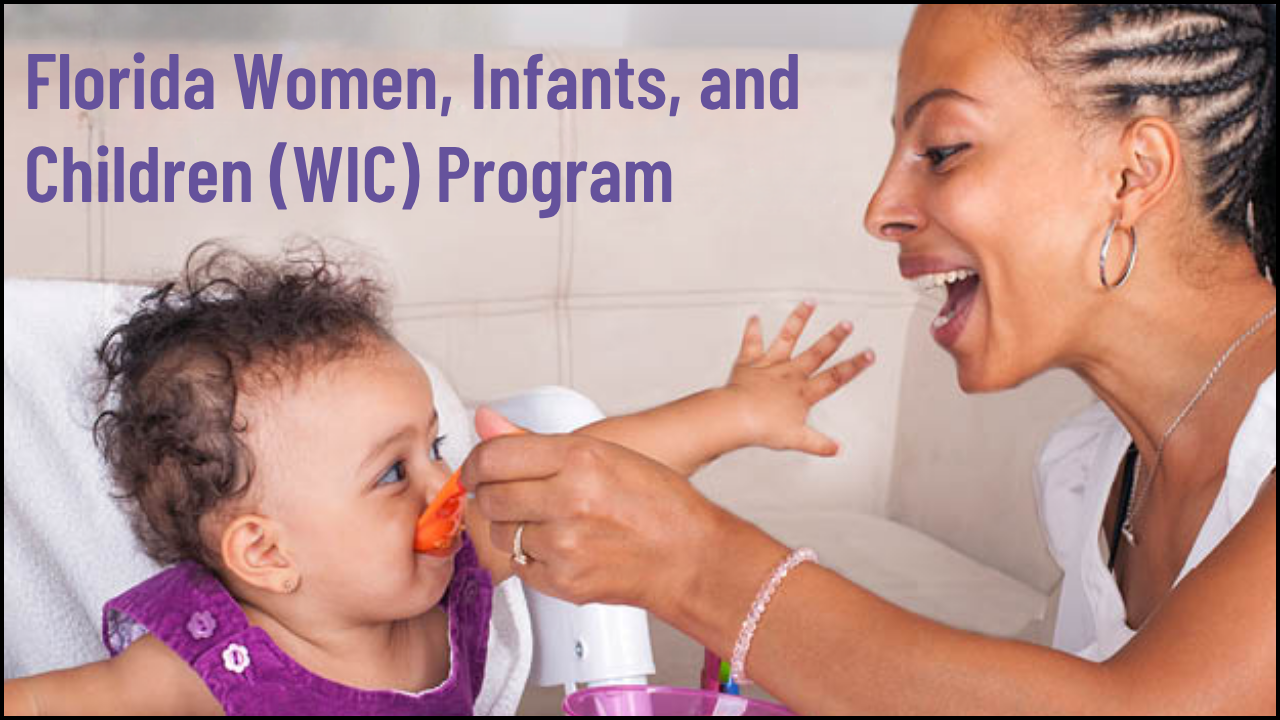
Parenting a child with developmental delays often brings unique emotional, social, and logistical challenges. Isolation, stress, and uncertainty can affect the mental well-being of parents. Peer support offers a powerful solution by providing a space for shared understanding, mutual encouragement, and empowerment. Real connections with those who face similar experiences can make a significant difference in a parent’s journey.
Table of Contents
Benefits of Peer Support for Parents
- Emotional Validation
- Parents feel heard and understood by those who truly “get it”
- Experiences are normalized, reducing feelings of shame or inadequacy
- Non-judgmental support boosts confidence
- Stress Reduction
- Shared coping mechanisms lower anxiety and burnout
- Regular check-ins reduce emotional overload
- Safe outlets help relieve emotional tension
- Empowerment and Advocacy
- Information sharing leads to more informed decisions
- Parents become stronger advocates for their children’s rights
- Personal stories inspire resilience and action
- Hope and Perspective
- Witnessing others’ progress instills optimism
- Learning from diverse journeys widens outlook
- Celebrating small wins together builds morale
- Increased Knowledge
- Resources and tools are exchanged
- Local services, therapies, and programs are discussed
- Awareness of rights and entitlements improves
Types of Peer Support Available
- Formal Peer Support Programs
- Organized by hospitals, NGOs, or schools
- Structured groups with trained facilitators
- Usually offer regular in-person or virtual meetings
- Informal Support Networks
- Formed naturally among parents in therapy centers, clinics, or playgrounds
- Often function as WhatsApp or Facebook groups
- Offer spontaneous, real-time help
- One-on-One Mentorship
- Pairing new parents with experienced caregivers
- Personalized support based on similar diagnoses
- Encourages deep emotional bonding
- Community-Based Support Groups
- Local community centers or religious institutions host meetings
- Support tailored to cultural and regional needs
- Promote in-person interactions and collective solutions
Common Features of Peer Support Types
| Type of Support | Format | Facilitation | Primary Benefit |
|---|---|---|---|
| Formal Programs | In-person or online | Professional facilitators | Structured learning & empathy |
| Informal Networks | Chat groups or casual | Parent-driven | Instant emotional connection |
| One-on-One Mentorship | Phone/video/in-person | Trained parent mentors | Personal guidance |
| Community-Based Groups | Physical meetups | Community leaders | Localized, cultural relevance |
Key Elements of Effective Peer Support
- Shared Lived Experience
- Parents relate better to someone who has walked a similar path
- Builds trust and encourages honesty
- Mutual Respect
- Listening without judgment is a core principle
- Differences in approaches are accepted
- Consistent Engagement
- Regular interaction ensures emotional continuity
- Keeps parents connected during highs and lows
- Confidentiality and Safety
- Respect for privacy allows vulnerable conversations
- Safe spaces nurture open sharing
Emotional Impact on Parents
- Reduced Isolation
- Realizing they are not alone combats loneliness
- Bonding with other parents creates a sense of belonging
- Greater Emotional Strength
- Expressing fears and doubts lightens emotional burden
- Encouragement from peers renews strength
- Improved Mental Health
- Emotional support buffers symptoms of depression or anxiety
- Positive peer reinforcement promotes psychological resilience
Emotional Shifts Observed with Peer Support
| Before Support | After Support |
|---|---|
| Feeling isolated | Feeling understood and accepted |
| Overwhelmed by challenges | Empowered to navigate them |
| Self-doubt and guilt | Confidence and validation |
| Anxiety about the future | Hope drawn from peer experiences |
Role in Navigating Systems and Services
- Understanding Paperwork and Procedures
- Parents help each other decode diagnostic reports, IEPs, and legal rights
- Guidance on navigating healthcare and school systems
- Recommendations and Reviews
- Trusted opinions on therapists, educators, and programs
- Shared feedback saves time and effort
- Skill-Building and Training
- Tips on behavior strategies, speech exercises, or daily routines
- Collaborative problem-solving enhances skillsets
Impact on Sibling and Family Relationships
- Broader Family Awareness
- Peer stories shed light on how delays affect siblings
- Encourage open discussions within families
- Family Inclusion Strategies
- Ideas for inclusive outings and routines
- Tips on explaining delays to siblings compassionately
- Reduced Marital Strain
- Emotional offloading to peers eases couple stress
- Community perspective softens interpersonal tension
Support Outcomes Beyond the Parent
| Area of Impact | Positive Change Noted |
|---|---|
| Siblings | Greater patience and understanding |
| Extended family | Increased support and awareness |
| Marital relationship | Reduced miscommunication and frustration |
| Home environment | Calmer, more supportive family atmosphere |
Challenges in Peer Support
- Mismatch in Experiences
- Not all delays are the same; support might not always align
- May lead to comparison or discouragement
- Emotional Dependence
- Overreliance can affect autonomy
- Boundaries are sometimes hard to define
- Accessibility Issues
- Rural or low-resource areas may lack peer support options
- Language, time, or digital barriers can limit participation
- Misinformation Risk
- Unverified advice may be misleading
- Importance of cross-checking with professionals
Solutions to Maximize Effectiveness
- Training for Peer Mentors
- Brief workshops on listening, ethics, and referral practices
- Partnering with Professionals
- Combining emotional support with clinical guidance
- Creating Inclusive Platforms
- Ensuring access across language, ability, and location barriers
- Moderated Groups
- Appointing trusted moderators helps maintain decorum and credibility
The Way Forward
Peer support empowers parents of children with delays by creating a compassionate space to share, learn, and grow. Emotional validation, practical knowledge, and social connection significantly improve parental well-being. Despite occasional challenges, structured and inclusive peer networks can serve as a pillar of strength for families navigating developmental differences. Investing in such support not only uplifts parents but also enhances the quality of care and advocacy offered to children.





